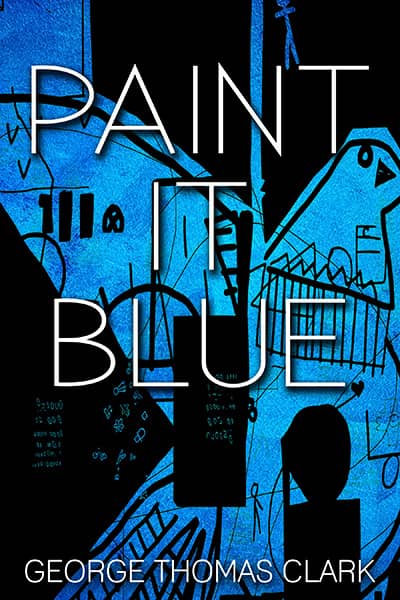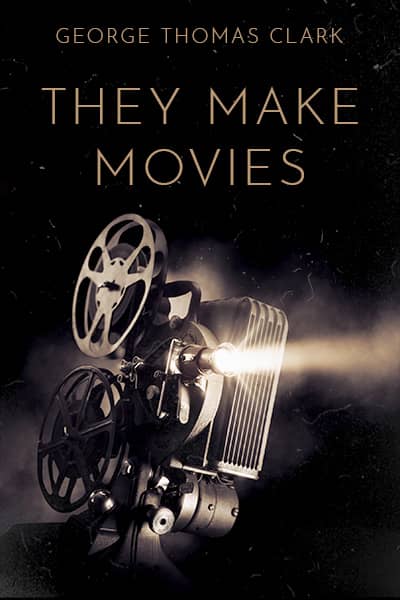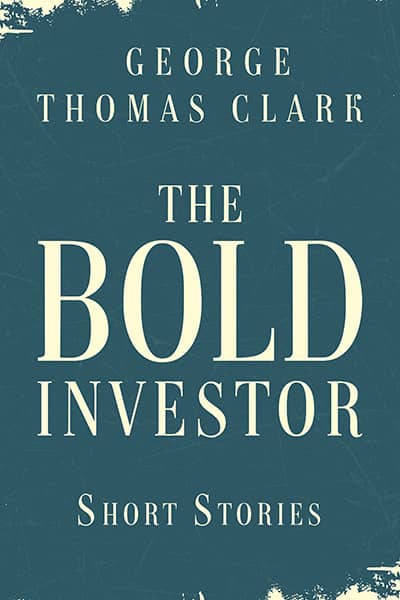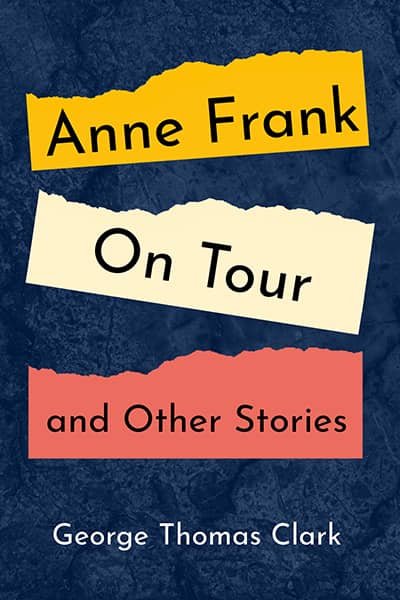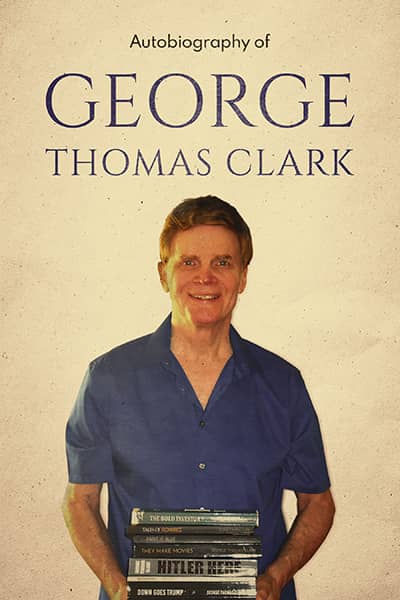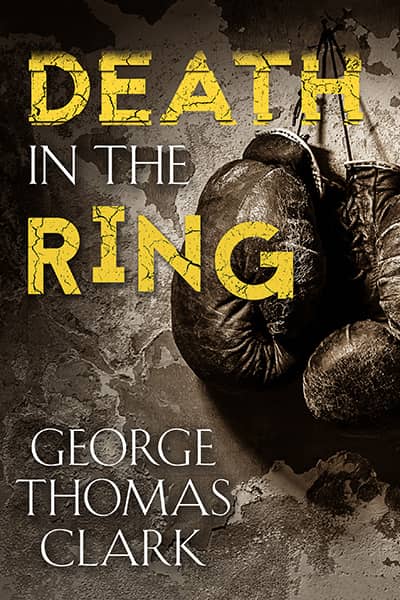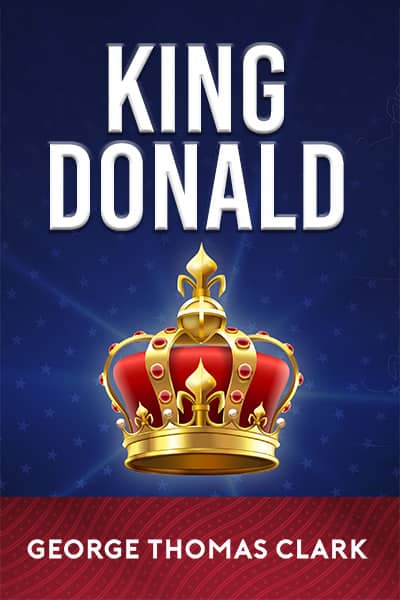Mental Steroids
June 28, 2015
A physician of renown I certainly am, though for a generation I have focused most of my intellect on the rather irrelevant albeit stimulating task of helping athletes run faster, jump higher, hit more home runs, and register more knockouts with shoulder pads and fists. Only in recent years have activists tried to persuade me to forgo the frivolous and develop something vital for humankind. At first I resisted, sometimes in quiet retreat, others in quarrelsome press conferences. I’m rather a selfish sort, no doubt, but my reluctance stemmed from the quite elementary fact that the potions I developed were, by elite scientific standards, no more complex than adding and subtracting. Anabolic steroids and human growth hormones simply aren’t the stuff of Nobel laureates. What could I really do besides create gold medal winners and most valuable players? I worked and wondered and experimented in the laboratory before deciding to first target aspirants in the world of art.
Helen painted little but dreary landscapes, earned less than she paid for supplies, and appeared forever mired in the life of an abused housewife. Six months after beginning my creative super steroids, she alternately filled canvases with explosive expressionistic figures and mesmerizing abstract images respectively reminiscent of pre-World-War-One Germans and Post-World-War-Two New Yorkers. Today she owns a studio and penthouse in Manhattan and lectures about her work at major galleries and museums.
Herbert seemed my most hopeless client. He wanted to sing. He yearned to rock and roll but instead offered a frail voice and meek presence. I prescribed the highest dosages, and within months he rocketed from garage singer to night club performer to big-arena powerhouse, strutting on stage and ripping the rafters with his iconic new songs. He’s Mick Jagger many screamed. He’s Robert Plant others insisted. He’s uniquely Herbert, I said, and will be as long as he maintains my regimen.
Alberta longed to be a movie star. I explained that while I could not transform her into a kitten, I might by chemical means be able to enhance her creative gifts. She accepted my plan, partook the custom cocktails, and, rather than being spurned at local theater tryouts in Amarillo, she quickly starred in Dallas before thrilling cognoscenti in New York and London. She played the ladies of Shakespeare and Eugene O’Neill and Tennessee Williams as well as those of playwrights more recent. She still longs to illuminate the silver screen, and probably will, in the style of Helen Mirren and Judi Dench, as thespian rather than sexpot.
Demands from the scientific community grew more insistent: make us a Pasteur, an Einstein, a Jonas Salk. I agreed – this task had frankly been deferred because I feared its complexity – and redesigned my ministrations to target appropriate parts of the brain, and to stalwarts of cancer research I said, here at last may be the ultimate tool. With great optimism we began the program but cried when we learned that instead of disease destroyers I’d wrought a group of angry mesomorphs who sing and paint quite poorly.

